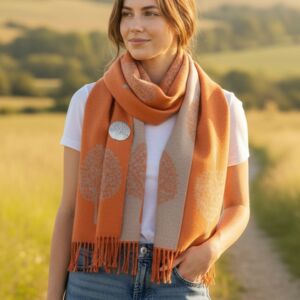
Cashmere Mulberry Tree Of Life Print Scarf
£29
Showing 1619 products
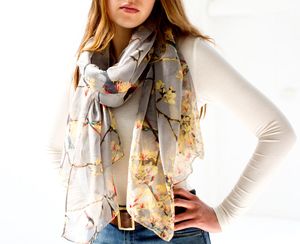
Sale price £10.13
Regular price £13.50
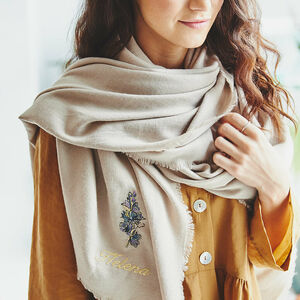
Sale price £27
Regular price £36
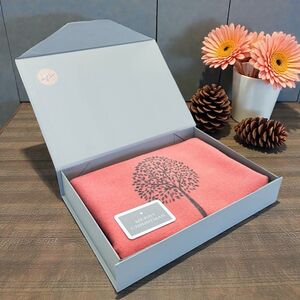
£35
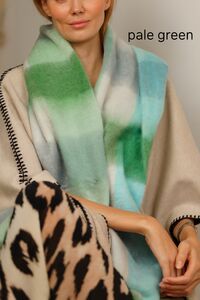
Sale price £20.80
Regular price £26
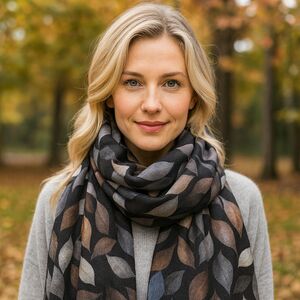
£19.95
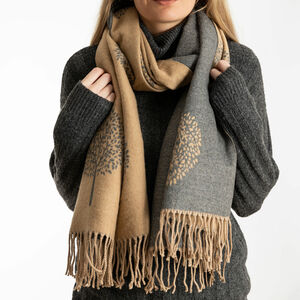
£34
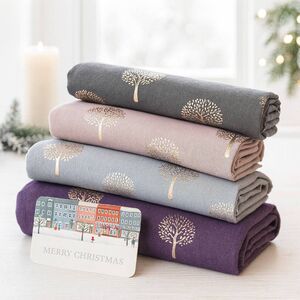
Sale price £14.40
Regular price £16
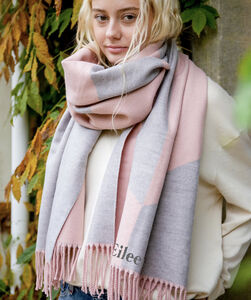
Sale price £26.10
Regular price £29
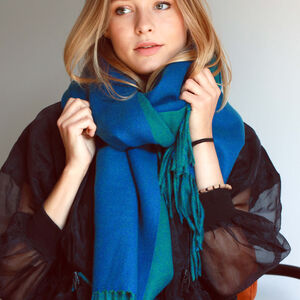
£28

Sale price £14
Regular price £28
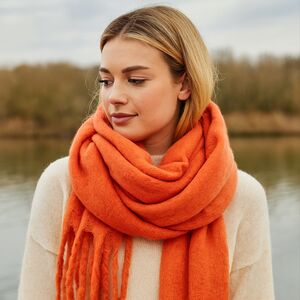
£25
Viewed 60 of 1619 products